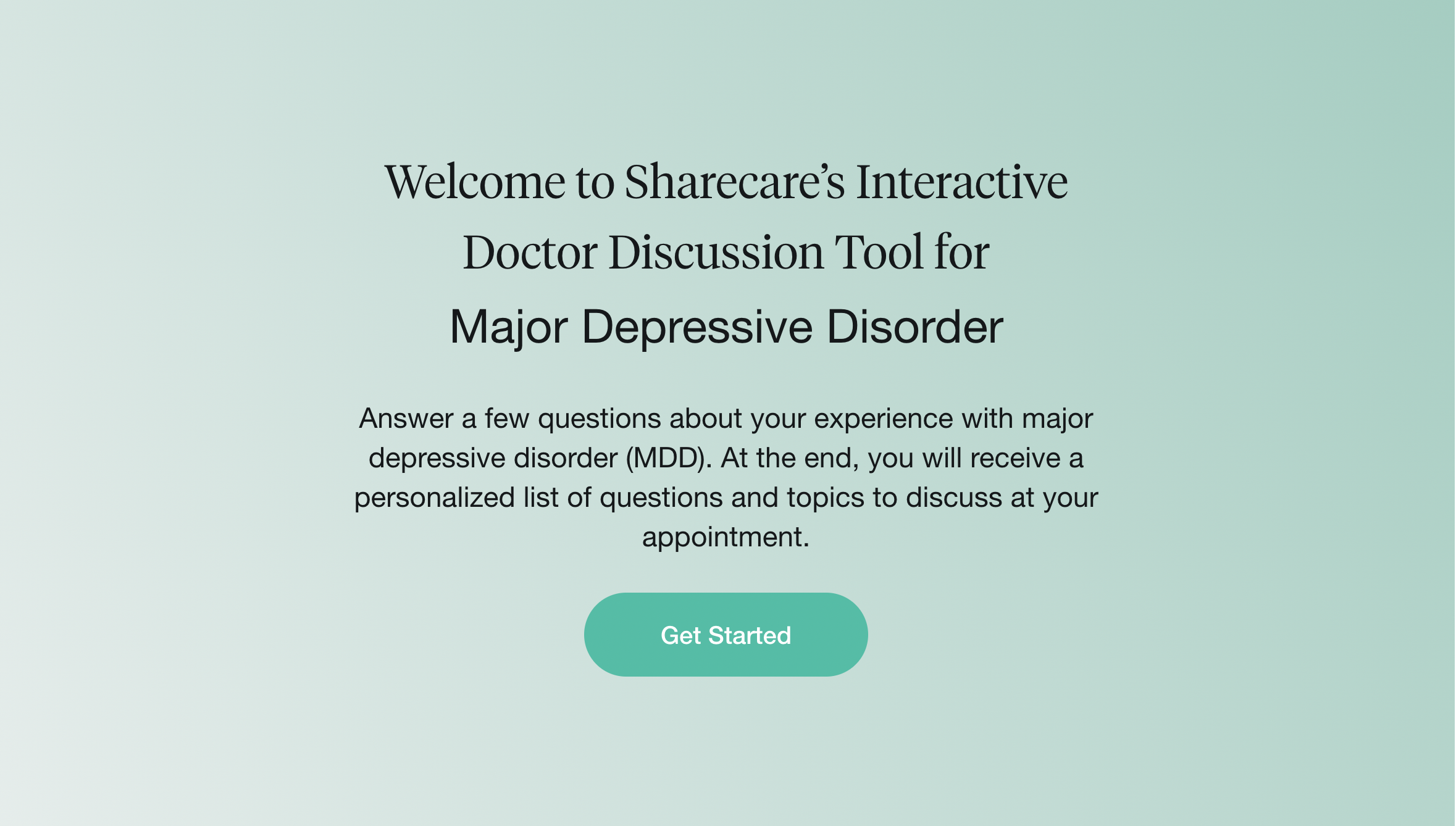Depression is one of the most common mental health disorders, and more than 17 million adults in the United States are estimated to have experienced an episode of major depressive disorder at some point in their lives. Depression affects people of all ages, genders, and ethnicities.
More than feelings of sadness or grief, depression is an illness, one that can severely impact a person’s quality of life, relationships, career, and physical health.
Like any illness, depression requires treatment. The most common approach to treatment in the United States is a combination of working with a health professional—such as a psychiatrist or therapist—and an antidepressant medication.
For many, treatment is able to provide significant relief from depression. However, a significant number find that depression symptoms persist, even with treatment. This is sometimes called “resistant depression,” “treatment resistant depression,” or “treatment refractory depression.”
If you are not seeing relief from symptoms on your current treatment plan, you must work with your healthcare provider to determine why symptoms are persisting and find a new approach to treatment. There are a number of factors that can contribute to treatment resistant depression. Questions you and your healthcare provider will need to answer include:
- Is the diagnosis correct? Other mental health disorders can present with symptoms similar to depression. These include bipolar disorder, personality disorders, and dysthymia, a type of chronic depression that is mild but persistent, and different than major depressive disorder.
- Do you have another health condition? You will also need to work with a primary care physician to determine if a health condition could be the root cause of your symptoms. Chronic pain, thyroid disorders, and heart disease can all cause depression-like symptoms. Coexisting conditions—including substance abuse, eating disorders, and sleep disorders—may also impact your response to depression treatment.
- What other medications are you taking? This includes medications for other health conditions, as well as supplements. Medications and supplements can interact with depression medications. Depression can also be a side effect of some medications.
- How long have you been taking your medication? Typically, it takes 4 to 8 weeks of taking an antidepressant before a person will notice the full benefit of the therapy.
- Are you adhering to your treatment plan? Missed doses and inconsistent dosing schedules can impact how a medication works.
- What dosage are you taking? Medications for depression are not a one-size-fits-all treatment. The right dose varies from person to person. Typically, patients start at a low dose, which may be increased over time while observing for improvement in symptoms and side effects.
It is important to remember that different depression therapies work in different ways, and it can take several attempts with several different therapies before you find a depression treatment that works. Keep working with your healthcare providers, and keep being honest about how you are feeling and how you feel about your current treatment plan.
In addition to working with your healthcare providers and adhering to your therapy, it’s important to look after other aspects of your health and lifestyle. Eating a healthy diet, getting adequate amounts of sleep, exercising, maintaining positive social relationships, and avoiding unhealthy behaviors like alcohol, tobacco, and drugs can have a positive impact on both physical and mental health.





